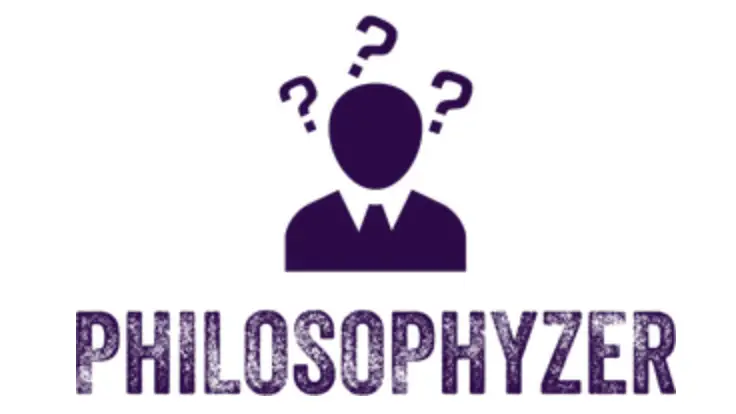Hume remains the key critique of the design argument or teleological argument for God. His critique of the design argument can be summarised in the following points…
Hume’s objections to the Teleological Argument for God
a) The disproportion of the parts to the whole. If an intelligent purpose is found within the world, is it appropriate to claim that it must also be the cause of the world as a whole? Hume gives the example of the growth of hair. We may study this process but it would give us no clue to the way in which the body as a whole was produced by interpersonal sexual processes. The leap from part to whole is too vast to be bridged by any inference based on the principle of causal analogy.
b) The triviality of intelligence as a cause. Why should mans one distinctive characteristic- the power of thought – be the originative source of the whole universe? Practically any other causal principle is more widespread in the universe. Philo asks derisively:
“What peculiar privilege has this little agitation of the brain which we call thought that we must thus make it the model of the whole universe?”
c) The difference between the world at present and the world at birth.
How much can we reasonably infer, Philo asks, given to produce the world at the far-off time of its origin/present conditions, about the kind of causes that were needed to produce the world at the far off time of its origin?

d) the inapplicability of all causal analogy.
If we have seen in the past what causes smoke then we can rightly infer that this is happening when we see other instances of smoke.
But there is only one universe that we have ever experienced.
It is unique. We have never seen instances of universes being created. Thus the entire causal way of arguing for the existence of the world is out of place. The universe is not one in a series.
e) The weakness of the analogy between the world and a human artefact e.g. a house, clock, ship or knitting loom
If the world were sufficiently like a known product of human design we should be entitled to infer that, like it, the world is a product of purposive activity. Hume says that we could equally well make out a case for regarding the world not as a vast machine, but as a vast crustacean-like organism, or even a floating vegetable! In short, you cannot compare inorganic matter and organic matter.

f) The uselessness of inferring an intelligent cause
The argument explains the order found in nature by tracing its cause to a previous order existing in the mind of the creator. This reasoning assumes that a mental order – the order of the divine mind – is not in need of an explanation whereas a physical order is. By what right would we be satisfied by finding the order of the material world prefigured in an earlier order of ideas?
“If we stop, and go no farther; why go so far? Why not stop at the material world?”
(David Hume)
g) The indiscriminateness of the empirical argument for God
Minds as we have experienced them (and we know no other) are far from unlimited. There can in principle, then, be no empirical basis for inferences to an infinite mind. Hume used the example of a pair of scales, one end which is visible and the other which is concealed. The visible end, containing say 10oz, is weighed down. We can infer that the other end (out of view) contains more than 10oz but we cannot infer that it contains 100oz, and still less that it contains an infinitely heavy weight.
h) The non-purposive mechanism of natural selection.
It is not enough simply to point to the ordered state of the universe. Any world will look designed, however it has come into existence. It is necessary to show that the world could not have come about except by divine activity. But this just can’t be done. It is possible to give a speculative account of the ordered state on purely naturalistic grounds.
Darwin showed that the mechanism of evolution was a process of natural selection operating on the stream of descent by inheritance with variations provided by mutations. This confirmed Hume’s Epicurean Hypothesis – the theory that the universe consists of a finite number of atoms moving about at random. They will sooner or later fall into a self-maintaining order. Science, not God?
i) The problem of evil.
How could the universe be a designed universe where human happiness is constantly threatened with apparently random suffering, not ivisibly-proportioned to any moral end? The problem of evil is one of Hume’s key criticisms of the teleological argument.
Conclusion on Hume’s objections to the Teleological Argument for God
These 9 objections to Hume have caused religious philosophers to hesitate before putting forward the kind of design argument that we find in ‘Cleanthes’ (Hume’s fictional character) and William Paley’s writings.

Consequently, modern defenders of the teleological argument tend to argue for it in what we call the second way – there are phenomena in the natural world whose existence cannot be accounted for by the laws of governing the behaviour of matter.
Richard Swinburne has defended the design argument by drawing attention to the regularities of events governed by what we call the ‘laws of nature’. Swinburne argues that the regularities in the natural world follow the pattern of regularity set up by human agency. It’s still doubtful however, whether this version of a teleological argument would stand in the legacy of Hume.


1 thought on “Hume’s objections to the Teleological Argument for God”